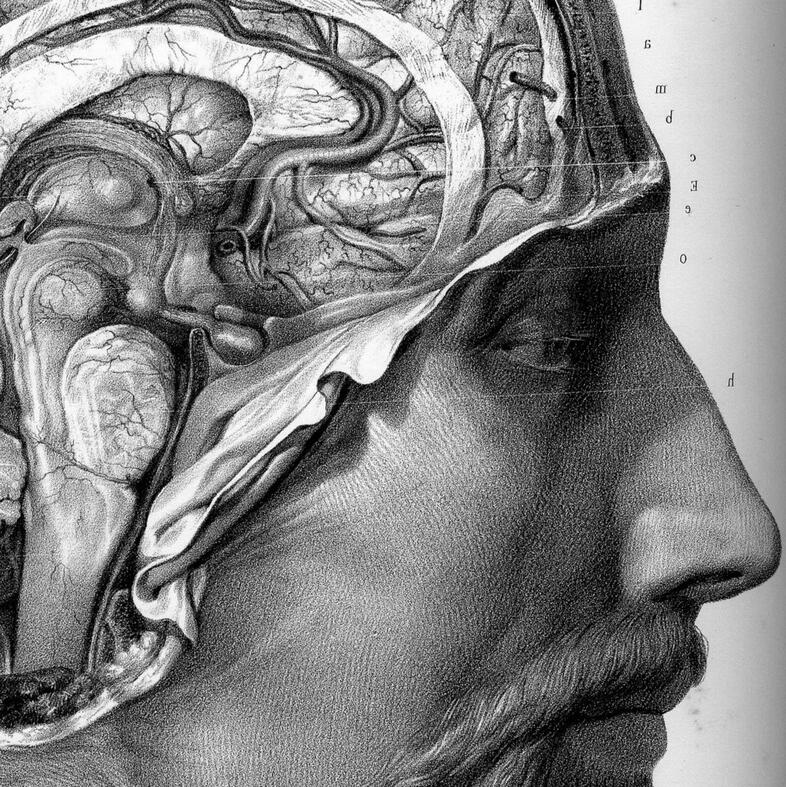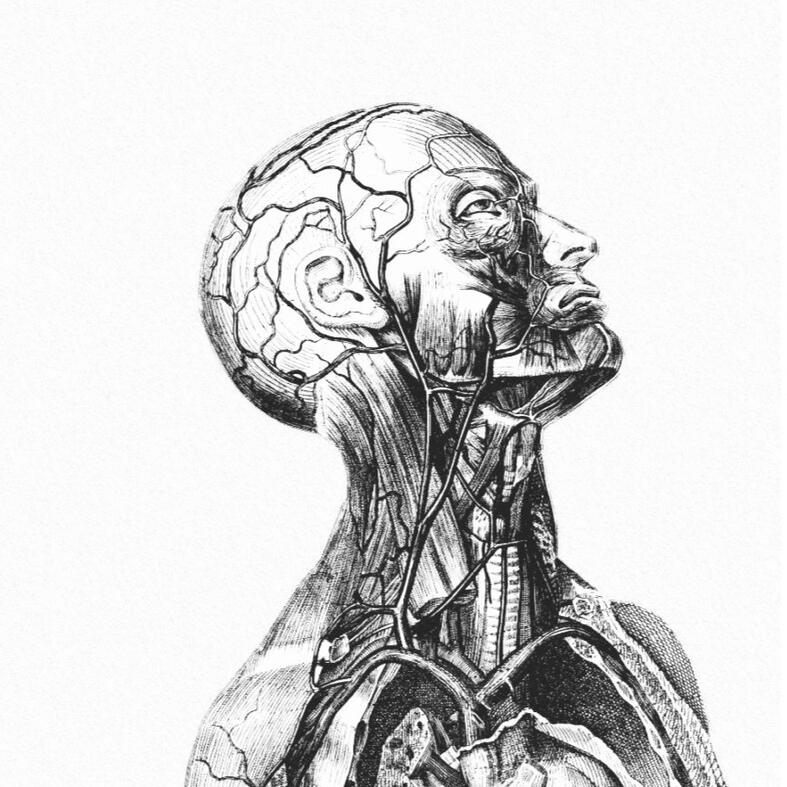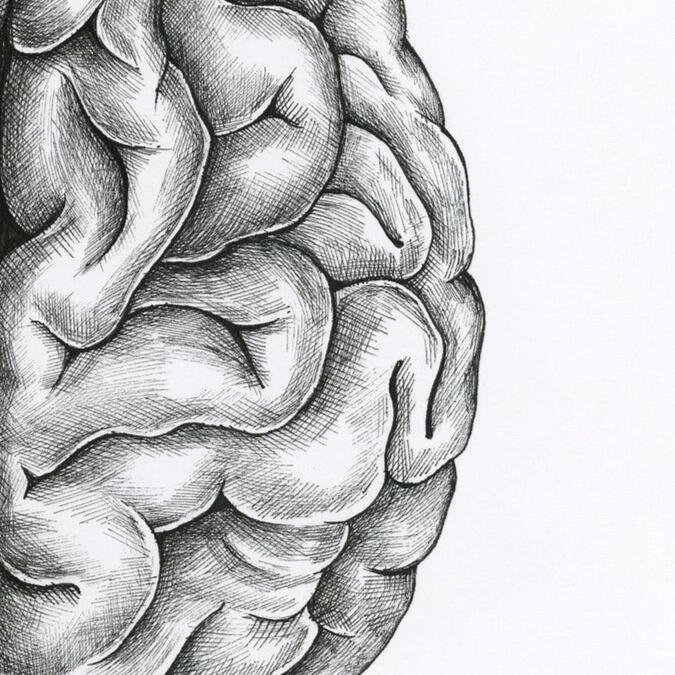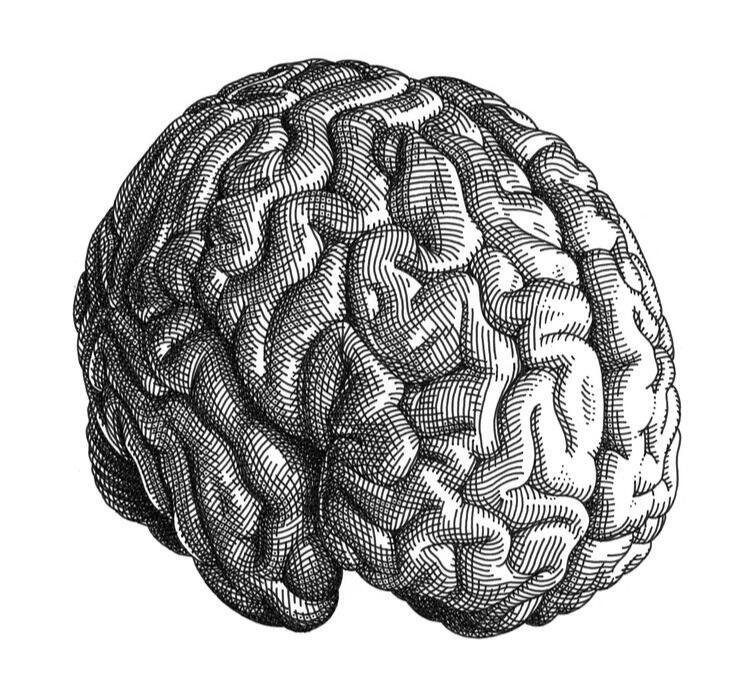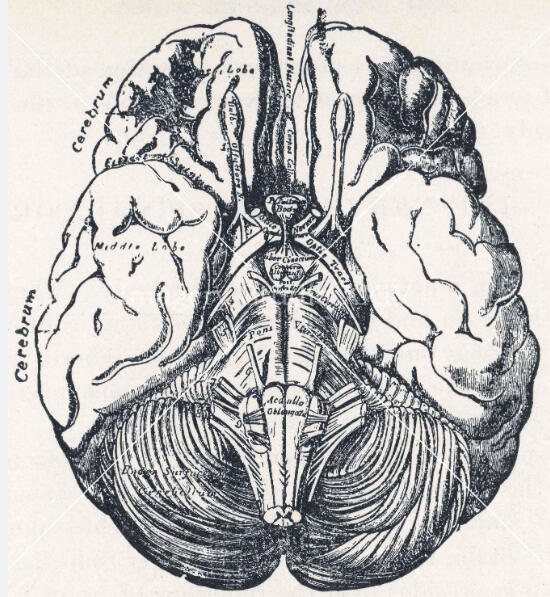
Corpus Curiosum is an online lecture series catered to early career researchers and designed to stimulate critical thinking in Neuroscience.
Research needs constant reappraisal
– and Neuroscience is no exception.
Many studies have reductionist bias, feeding conceptual flaws in the field such as the myth of the gendered brain. Invalid statistical methods have rendered thousands of fMRI results false. The lack of open access and publication bias has further impacted the fields’ credibility.Are we too hesitant to question the current landscape in neuroscience?
How can we ensure that the field moves in the right direction?
By involving early career researchers and fostering discussion.
Our Values
Our non-negotiable core-principles form the foundation of our work.
Support ECRs.
Early Career Researchers (ECRs) often face difficulties as a result of inequality and rigid structures within academia. Thus, our project offers a community and platform to network with other ECRs in a supportive environment at eye-level.
Embrace Diversity.
The research landscape is overwhelmingly shaped by research from North America, Europe and parts of East Asia. Other regions such as Africa and the rest of Asia are underrepresented. Concurrently, Academia is by no means free from intersectional inequalities involving e.g. race and gender. This is why we amplify the voices of these communities.
Be Accessible.
All our lectures are free to attend and held online, ensuring that everyone can attend from all corners of the world. In our quest to advocate for open science, we want to lead by example.
Who we are
We are a group of young neuroscientists at different stages of their career.
Inés Abalo Rodríguez
I obtained a BSc in Psychology at the Universidad Autónoma de Madrid (UAM). After my bachelor, I did a MSc in Neurobiology and Cognitive Neuroscience (UAM) and a master in philosophy of neuroscience (MSc in Mind, Language and Embodied Cognition, University of Edinburgh).Throughout my academic career, I have collaborated in research projects at Vrije Universiteit Amsterdam (The Netherlands), Università di Padova (Italy) and Universidade de Lisboa (Portugal). Currently, I am pursuing a PhD on schizophrenia at the Universidad Complutense de Madrid (UCM), supported by La Caixa Ban Foundation.Beyond science, my other great passion is writing. Besides that, I also love photography, hiking and swing dancing.
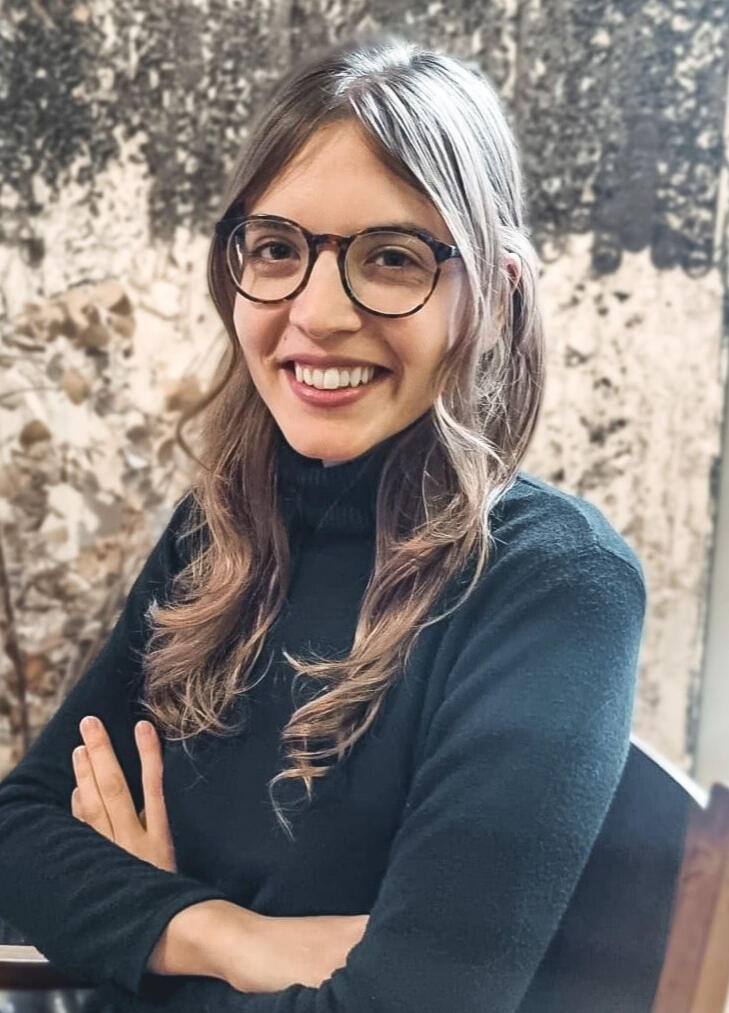
Alba Sánchez Fernández
I obtained a BSc in Biology at the Universidad Autónoma de Madrid (UAM) and a MSc in Neuroscience at the Universitat Autònoma de Barcelona (UAB). Enthralled by the nervous system, I enrolled in a Ph.D. in Neurobiology, where I worked on defining a new paradigm to treat multiple sclerosis, one of the main causes of physical disability in western countries.After defending my thesis, I moved to Zurich (Switzerland) to start my postdoc at the University of Zurich (UZH), where I am currently conducting my research also in biomedicine and teaching in the physiology department.Outside the lab, I enjoy rock climbing and hiking, exploring new cultures and food tasting.
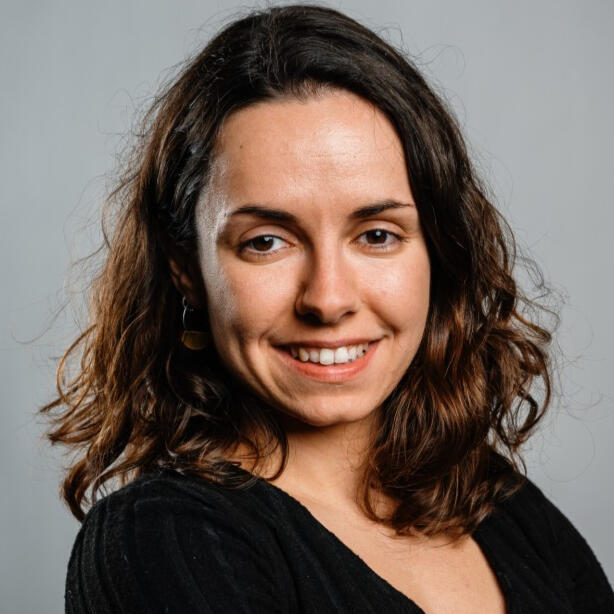
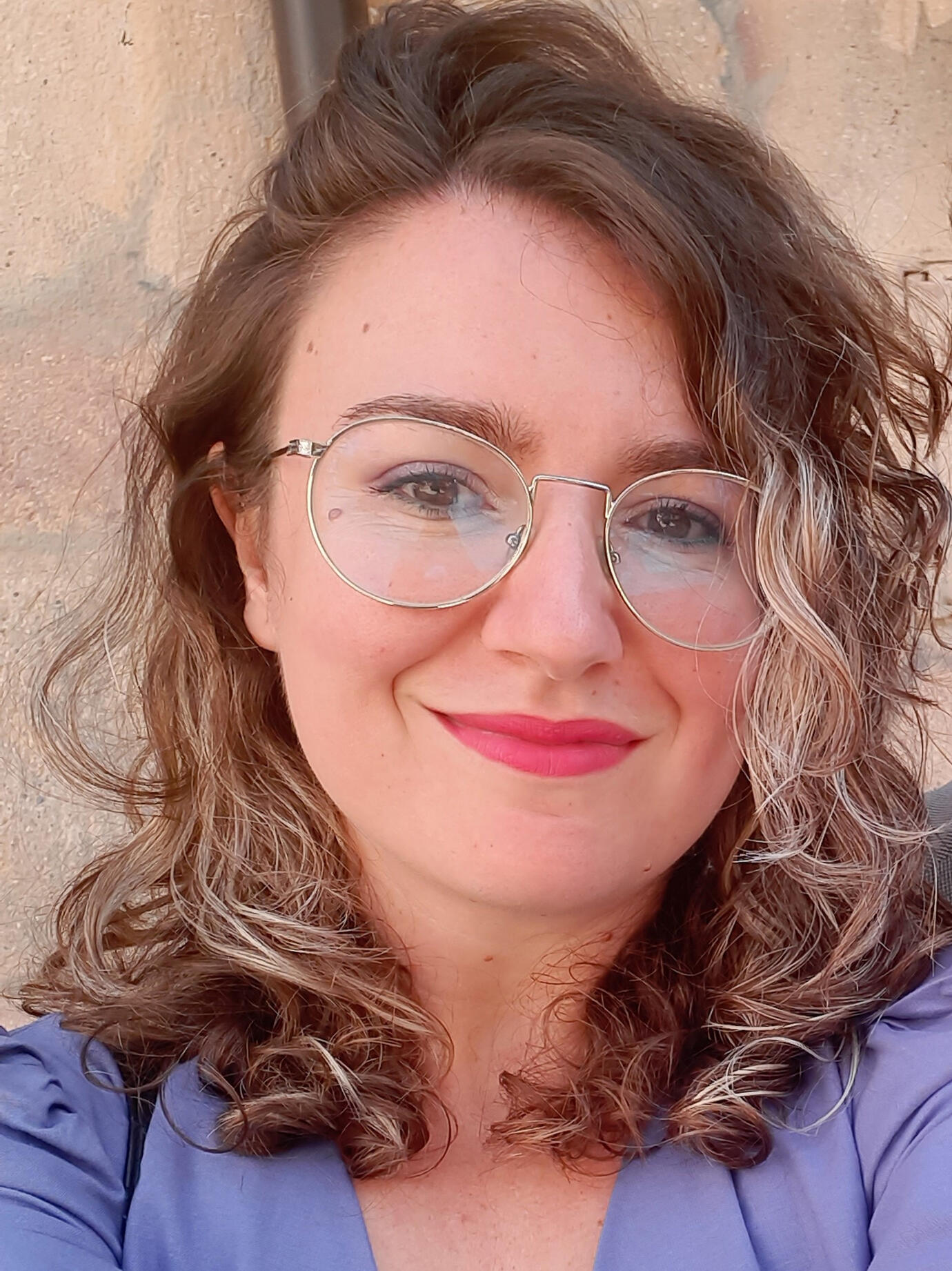
Marta Turégano López
I studied my BSc in Biology at the Universidad Autónoma de Madrid (UAM). After that, I did my MSc in Neuroscience (UAM). By this time, I had already begun to focus on the ultrastructural anatomy of the brain using three-dimensional electron microscopy. I have just completed my Ph.D. and right now I am involved in a CIBERNED-coordinated project aimed at studying the brains of Alzheimer's disease patients.I'm passionate about science dissemination: I enjoy organizing neuroscience workshops catered for children and adults and organizing events about women in science.Topics that interest me? Feminism, philosophy of science, programming, astrobiology...Besides science, I spend my time playing padel, illustrating, and enjoying the terraces with friends.
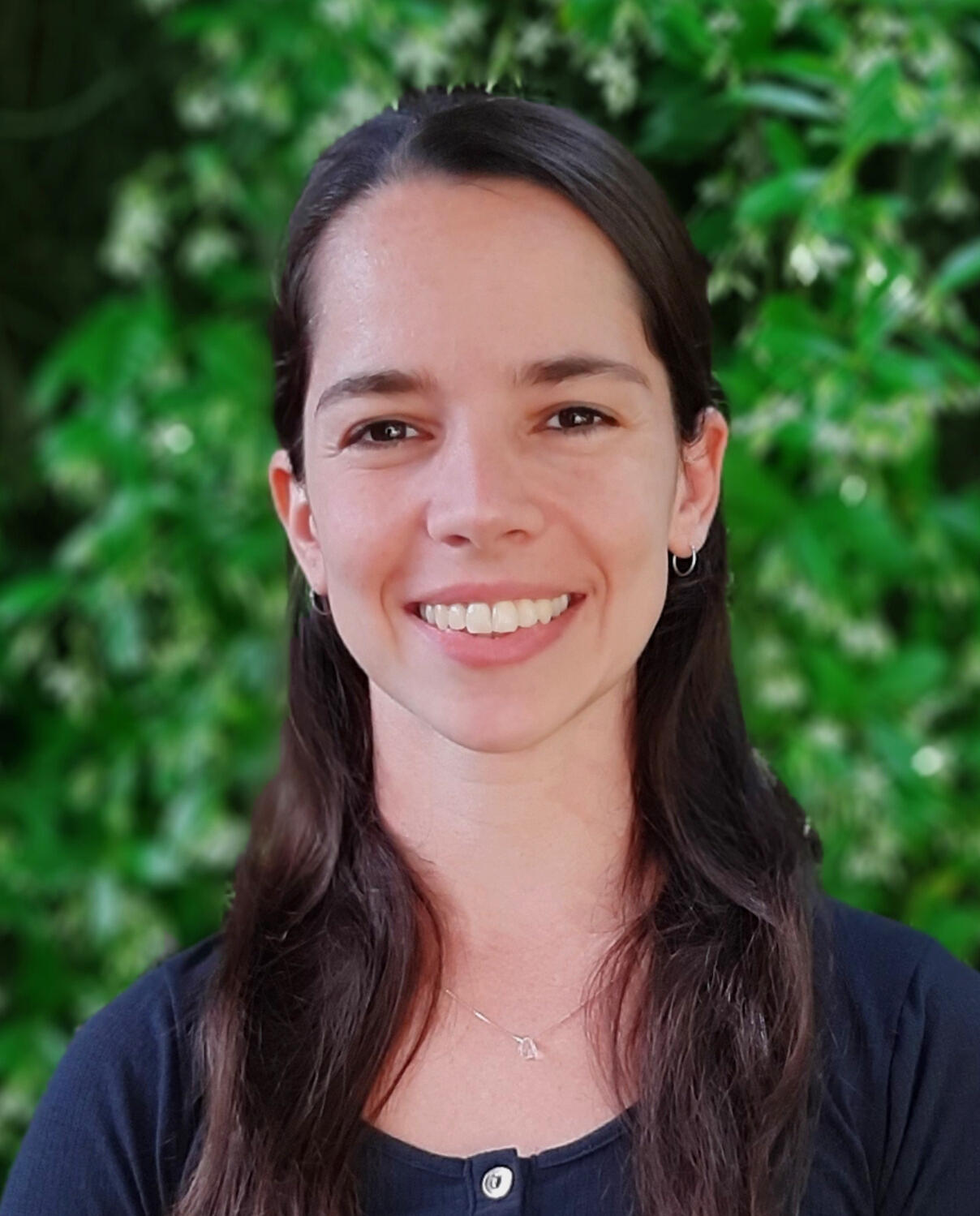
Mariela Trinchero
I studied biochemistry at the University of Buenos Aires. I fell in love with neuroscience early in my career and did an internship while being a student in the department of Human Physiopathology, where I studied the modulation of the noradrenergic nervous system by neurotrophins in the hypothalamus.Then, I joined the Institute of Pharmacological Studies of Buenos Aires to dig into the role of the environmental enrichment in depression. Since 2007 I have been part of the Neuronal Plasticity Lab at Leloir Institute where I did my PhD. Currently, I am doing my research as a postdoctoral fellow in Schinder's lab studying the effects of aging on adult neurogenesis.I also enjoy playing the violin, painting and dancing. I find beauty in the fact that neuroscience and art have a lot in common.
Past members
Faissal Sharif: co-founder and co-organizer of the 1st to 4th Corpus Curiosum editions and former web designer.
Logo and aesthetics designer
Lena Macau
Series I
June 2020
Organizers:
Inés Abalo Rodríguez
Alba Sanchez Fernández
Faissal Sharif
Marta Turégano Lopez
Are mental disorders malfunctions of the brain?
Inés Abalo Rodríguez, Universidad Complutense de Madrid (UCM)
What are in fact mental disorders? The problems faced in psychiatry have led researchers to reflect on the conceptualisation of mental disorders. Thus, some authors have argued for a neurocentric conceptualisation, suggesting to understand them as, precisely, brian disorders. However, this view implies some problems difficult to solve and reconcile to current data. Alternatively, behaviour analysis offers a more plausible conceptualisation: mental disorders should be understood as a product of learning processes whose long term consequences happen to be disadaptive. Is it maybe time to embrace a new perspective when doing research in this field?
Credibility in Neuroscience
Dr Verena Heise, Hanse-Wissenschaftskolleg - Institute for Advanced Study
Are most published research findings false? Why should we care? And is there anything we can do about it? In this talk I will give an overview of some practical solutions such as open science and good research practices that can help make our research findings more robust. While there are a number of solutions that can be implemented by individual researchers, there are wider issues, for example around skills training and incentives, that require cultural change. To lobby for this change I am involved in a number of different initiatives and I will briefly outline current and planned activities.
Why do we need philosophy in neuroscience?
Dr Mark Miller, University of Sussex
Despite a long historical relationship between science and philosophy, scientists today tend to see philosophy as very different from, and indeed even antagonistic to, the scientific endecour. In this talk I will highlight the many ways that philosophy positively impacts scientific research today, new modes of philosophy that are science driven, and suggest new potential synergies between the fields.
Research on drugs - is it time to lift restrictions?
Dr David Erritzøe & Laura Kärtner, Imperial College London
Despite a long historical relationship between science and philosophy, scientists today tend to see philosophy as very different from, and indeed even antagonistic to, the scientific endecour. In this talk I will highlight the many ways that philosophy positively impacts scientific research today, new modes of philosophy that are science driven, and suggest new potential synergies between the fields.
Series II
November &
December 2020
Organizers:
Inés Abalo Rodríguez
Alba Sanchez Fernández
Faissal Sharif
Neurosexism and the Brain: How gender stereotypes can distort or even damage research
Dr Gina Rippon, Aston University
The ‘Hunt the Sex Difference’ agenda has informed brain research brain for decades, if not centuries. This talk aims to demonstrate how a fixed belief in differences between ‘male’ and ‘female’ brains can narrow and even distort the research process. This can include the questions that are asked, the methodology selected and the analytical pipeline. It can also powerfully inform the interpretation of results and the ‘spin’ used in the public communication of such research.
New neurons in the adult brain: breaking the dogma
Dr Mariela Trinchero, Fundación Instituto Leloir
The adult brain is capable of undergoing neuronal plasticity at different levels ranging from molecular changes to circuit modifications. Until the early 90s, the general rule was that the mammals’ central nervous system lacked the ability to generate new neurons upon birth. It is now clear that the hippocampus, the structure in the brain involved in learning and memory, produces dentate granule cells throughout the lifespan. Adult neurogenesis can be shaped by physical exercise, experience, aging and disease. In this talk I will give a brief overview on this extraordinary form of neuronal plasticity.
What makes a scientist?
Dr Bart Penders, Maastricht University
Science is a part of our culture, and yet in many ways it stands apart. Scientists make knowledge and strive for that knowledge to be more trustworthy, more credible and, as a consequence, more important than other knowledge. What about science and scientists enables them to do this and why is scientific knowledge dismissed from cultural, political and social debates nonetheless? In this talk, I will visit the origins of scientific credibility and its social history, and will trace it into its present form of discussions about rigour and research integrity.
Neurolaw: A New Frontier
Mikayla Dilbeck, UC San Francisco
Science is a part of our culture, and yet in many ways it stands apart. Scientists make knowledge and strive for that knowledge to be more trustworthy, more credible and, as a consequence, more important than other knowledge. What about science and scientists enables them to do this and why is scientific knowledge dismissed from cultural, political and social debates nonetheless? In this talk, I will visit the origins of scientific credibility and its social history, and will trace it into its present form of discussions about rigour and research integrity.
Series III
June 2021
Organizers:
Inés Abalo Rodríguez
Alba Sanchez Fernández
Faissal Sharif
Broca and Wernicke are dead, or moving past the classic model of language neurobiology
Dr Pascale Tremblay, Université Laval
The claim that “Language is special,” and thus encapsulated in a specialized language network, has informed cognitive neuroscience research since pioneer work of researchers in the late 19 th century. This talk aims to provide a snapshot of the state of knowledge in language neurobiology with a focus on demonstrating the failure of this classical viewpoint to capture the essence of contemporary language neurobiology and demonstrate how this viewpoint, which remains dominant to this day, has contributed to maintaining a narrow empirical and theoretical research focus and to perpetuating a disconnect between common understanding of language neurobiology and the actual state of knowledge in the field.
Unboxing the Microbiota-Gut-Brain Axis
Yoko Wang, The University of Adelaide
Since we were born, we have shared our life with millions of tiny little buddies in our gut. These tiny little buddies, or the gut microbiota, play important roles in regulating the gut-brain axis. In recent years, research in this field has rapidly grown, increasing our understanding on how gut microbiota communicate to the brain and influence our health. In this talk, we will unbox the amazing world of the microbiota-gut-brain axis – learning about their history, the current progress and future directions.
Does your brain actually think? The mereological fallacy in neuroscience
Dr Peter Hacker, Oxford University
Mereology is the logic of part/whole relations. One kind of mereological mistake is that of misguidedly attributing properties of wholes to their parts. Some holistic properties cannot licitly be ascribed to parts: aeroplanes fly, but their engines cannot be said to fly; antique clocks keep time but their fusées cannot be said to keep time. A widespread mistake in cognitive neuroscience is to attribute to the human brain properties that can be intelligibly attributed only to the living human being as a whole. The brain is commonly held to perceive, to think, to feel emotions, and to intend to do things. These are category mistakes that lead to widespread fallacies in the reasoning of neuroscientists. The rationale of the mereological fallacy in neuroscience will be explained and objections will be refuted.
Unmasking plant intelligence through education
Dr Paco Calvo, University of Murcia
Bored of classroom-based education? Tired of getting lost and spacing out? Fed-up being stuffed with somebody else’s knowledge; the type of “knowledge” that you are simply expected to parrot the day of the exam, then wait for your grades which mean…. nothing really? Welcome to the Hippocampus-Fattening Farm, the educational system you have been raised in since Primary school, all the way into college, and beyond! My aim in this talk is to promote forms of learning based on trying o “know less” and think outside the box more. I shall illustrate how this can help propel creativity in the discussion of plant intelligence in the (neuro)cognitive sciences, robotics and AI.
Corpus Curiosum Meet-and-Greet
Series III
June 2021
Ambassadors
Turkey
Emre Cumili
Damla Cumili
Melih Dagdeviren
Kevser Aktas
Alara Su BilgezFrance
Marion Durteste
Caroline MassonArgentina
Mariela TrincheroItaly
Sara MazzucatoSpain
Antonio Javier Sutil
Paula Alarcón
Marta Pérez
Pablo Martín CorreaEgypt
Mariam M AlwerdaniUK
Rachel Sellick
Sofía de la FuenteIndia
Garima SainiBrazil
Isabela Becattini
Mexico
María José CastellanosGermany
Chao Sun
Daniel GarcíaIreland
David LeePakistan
Sara Ishaq
Maryam BharaUSA
Mikayla Dilbeck
Alexandra SchoberJordan
Rahaf Naser AldeenCanada
Tiffany Bell
Rhiya Tomas
Deepika DograChile
Nicolás MartinezSwitzerland
Felisa HerreroJapan
Mark Miller
Series IV
June 2022
Organizers:
Inés Abalo Rodríguez
Alba Sanchez Fernández
Faissal SharifCommunity Manager:
Mariela Trinchero
Curious Minds: Critical Thinking in Neuroscience
We all know what doing neuroscience feels like: you wake up early, you go to the lab, you run experiments, you analyze the data you recorded, you get frustrated because the p-value is over 0.05 and you go to sleep. The question to ask here is: are we actually able to conduct thorough, credible research when being stuck in this intense “neuroscientific hamster wheel”? Is this how you envisioned how science would be like? Challenging exactly that is one of the goals ofCorpus Curiosum, which Is why we would love to discuss this with you during this first session. Through different networking activities, we will be exploring critical topics that will be covered by the rest of the talks in this fourth edition. Through this, we want to add context to the sessions and add a holistic perspective to the series. You love our talks but always felt like you wanted more discussion and interaction? Are you keen to engage with fellow ECRs to share your concerns? Then we welcome you to our first Curious Minds Networking event!
What can we learn from tiny brains? Big lessons from organoid culture
Folu Oyefeso, Loma Linda University
The human brain is a complex network of cells with special functions to control how we interact with the world. Within the brain, these cells are grouped into areas responsible for thinking, moving, sensing, among many other things! However, it is notoriously difficult to study the human brain directly and so scientists use animal and two-dimensional cell culture models to learn more about it. Recently, trained teams of cell biologists and neuroscientists have begun to generate three-dimensional brain organoids, which are small clumps of tissue containing the same types of cells we see in the brain. These tissues can model specific brain regions (e.g. cortex) and diseases (e.g. Zika virus infection or Parkinson's disease). In this session, we'll discuss how these models have been used and how they could be used in the future.
The human brain: A philosophical and scientific perspective
Dr Javier de Felipe, Polytechnic University of Madrid
The appearance, expansion and differentiation of a highly complex multi-laminated cortex, the “neocortex” is a fundamental event during the evolution of the mammalian telencephalon. This cortical region is the most human part of the nervous system because it is the brain structure whose activity is directly related to the emergence of those capacities that distinguish humans from other mammals. Thanks to the neocortex we can perform such extraordinary and highly complex tasks as writing a book, composing a symphony or inventing the computer. Yet, what is special about the human cerebral cortex is a longstanding question in neuroscience. Fortunately, at present, there are methods that allow us to examine human brain organization and function at a level of detail similar to or even greater than that we can obtain with animal models. In this talk, I will emphasise how the application of these methods has shown that the human cerebral cortex displays clear species-specific variations in cortical microstructure and that it is likely that as more detailed studies are carried out on human cortical circuits, we will discover many more differences at the genetic, molecular, structural, and physiological levels between humans and other species. Thus, not only does the increase in size, and therefore in complexity, of our brains seem to be responsible for our higher or more abstract mental abilities but also, the specialization of our cortical circuits appears to be critical.
Black In Neuro: Challenges in research and medicine
Dr Thiago Arzua, Columbia University
Neuroscientists sit at a unique position, studying the same organ that is responsible for so much of our personalities, thoughts, and opinions. It is not surprising then, that from its origins, interpersonal and societal issues were directly linked back to neuroscience findings. What sometimes is missed is how societal norms and expectations affect the research itself. In the case of systemic racial inequalities, that gets translated into poorly designed or poorly interpreted studies that tend to serve as tools for promoting racist policies. With that in mind, this talk will explore the historical origins and the modern-day forms by which what we call neuroracism takes place. From phrenology to eugenics, to still-believed myths of Black people’s higher tolerance for pain, neuroracism is not just persistent, as it is also prevalent. Understanding how these biases are formed, and what we can do as a field to combat them is essential for a more just and equitable neuroscience.
Mental Health in Academia – Status-quo and Practical Implications for Early Career Researchers’ Wellbeing
Katharina Bögl & Sandra Naumann, Scholar Minds
Although many academics love their research and experience fulfilment from various tasks of their profession, mounting evidence suggests that working in academia might contribute to mental health problems. We at Scholar Minds, a group of early-career researchers (ECRs) of Berlin’s universities and research institutions, strive to ensure the mental health of Berlin’s early career researchers by improving the status-quo on an individual and institutional level. Based on our Scholar Minds surveys, we will first provide an overview of ECRs’ current mental health status. Secondly, we want to unravel unhelpful thoughts and habits which ultimately impact ECRs’ mental health and show how to build helpful habits to overcome challenging times.
Series IV
June 2022
Ambassadors
Ambassadors responsible for multiple regions are marked with a "*".
Africa
Reem A. Elsaadany*Asia
Asfa Eman
Bianca Sieveritz
Deepthi Mahishi
Divya Ail
Reem A. Elsaadany*
Rumeysa AtaNorth America
Maria Jose C. MontielSouth America
Nicolás Martinez
Europe
Alicia Alonso
Amaia Mimenza
Antonio Javier Sutil Jimenez
Candela González Arias
Caroline Masson
Deyan Mitev
Elizabeth Perez Thompson
Elza Rocha
Lídia Cantacorps Centellas
Marion Durteste
Melih Dagdeviren
Pablo J. Martín
Paula Alarcon de Anton
Sara Mazzucato
Simge Merve Vit
Zeynep Arslan
Curious Minds School
1st Edition: April 2023
2nd Edition: April 2024
Organizers and Speakers:
Inés Abalo Rodríguez
Alba Sanchez Fernández
Marta Turégano López
Mariela Trinchero
Interactive sessions for a selected group of max. 15 students openning their minds to critical thinking
School SyllabusSession 1. What IS and what IS NOT Neuroscience?
Dived into the philosophical premise of the seductive allure of Neuroscience, talk about some of the most popular neuromyths, and discuss the concept of the sufficiency of a brain by itself.Session 2. Neuroscience: Expectation vs. Reality
Addressed the current culture of science: publish or perish, values of science, and practical issues faced by scientists.Session 3. Biases in Neuroscience: influences from and to society
Discussed what are the main biases rooted in Neuroscience and how are those based in society but also influencing it at the same time.Session 4. The stage is yours!! (Only included in the 2nd edition)
Interactive session in which the students apply everything learnt in the previous sessions. They also get to meet 1st Curious Minds Alumni.
Students 1st Edition of Curious Minds School
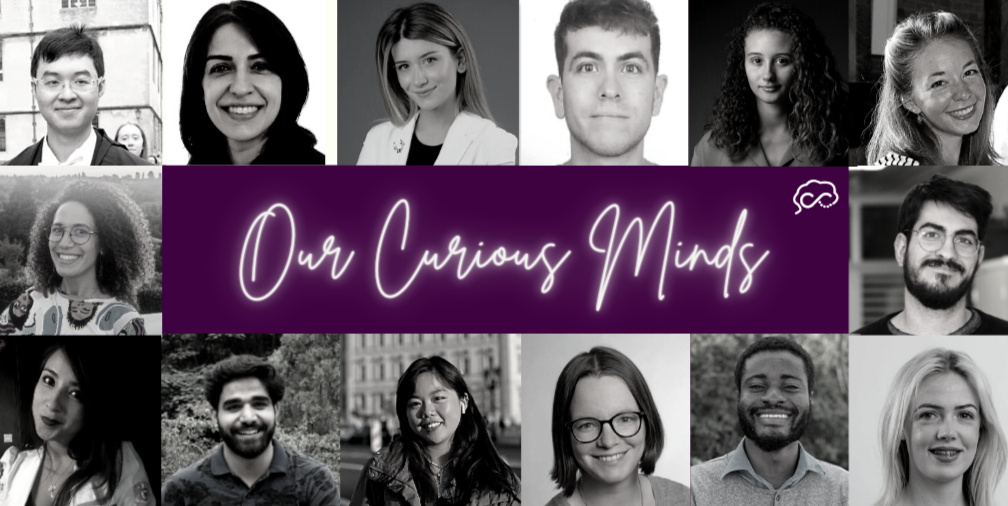
Students 2nd Edition of Curious Minds School
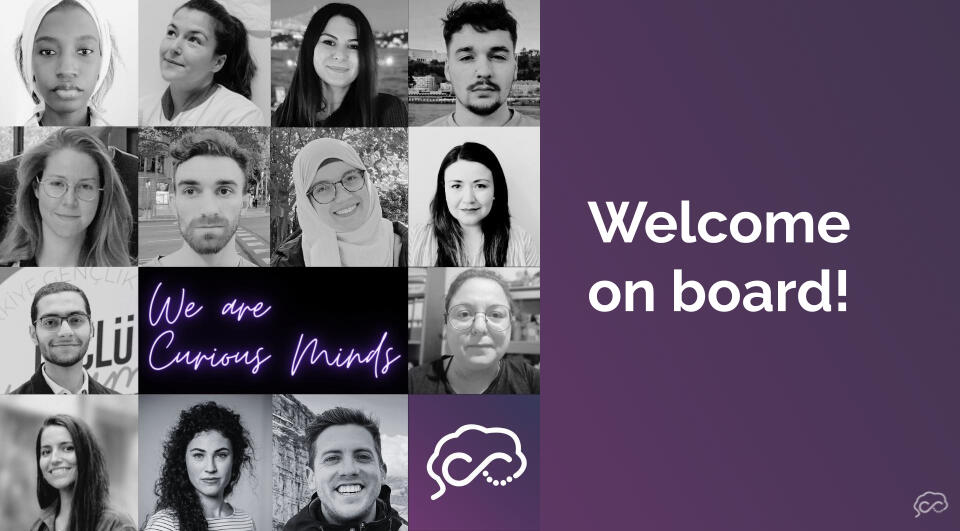
Series V
June 2023
Videos coming soon!
Organizers:
Inés Abalo Rodríguez
Alba Sanchez Fernández
Marta Turégano López
Mariela Trinchero
June 1st, 2023 - 4pm CESTCurious Minds: Critical Thinking in Neuroscience.
Inés Abalo Rodríguez, Dr Marta Turégano López, Dr Mariela Trinchero & Dr Alba Sánchez, Corpus Curiosum
This session will be conducted by the organizers of Corpus Curiosum. Splitting into different break rooms, we will discuss each of the topics raised in the talks of the 5th edition.The aim of this session is networking with the audience while reflecting together on the need to stimulate critical thinking in neuroscience.
June 8th, 2023 - 4pm CESTSpace, time, speed and acceleration in the GPS circuits of the rodent brain.
Dr Dr Emilio Kropff, Instituto Leloir (Buenos Aires, Argetina)
The hippocampus and neighboring areas of the brain have been highly preserved across mammalian evolution. Their function is mainly associated with the formation of new memories and with spatial orientation. I will review how the activity of a variety of cells in the hippocampus and entorhinal cortex correlates with kinematic variables such as position, speed and direction, and discuss how the activity of each cell type could contribute to spatial navigation. I will also show how recent experiments suggest that, in order to have accurate spatial maps, our brains need to a precise estimation of time.
June 15th, 2023 - 4pm CESTIs technology a ‘bad influence’ for our brains? Neuroscientific perspectives of smart device usage.
Dr Lucía Vaquero Zamora, Universidad Complutense (Madrid, Spain)
Life in the 21st century cannot be imagined without the use of technology. Moreover, there is a specific type of technology that seems ubiquitous ౼to some extent౼ across countries, socioeconomic backgrounds, and age: “everyone” possesses a smartphone. Despite the transversal and daily use of smart devices in different age-range populations for a vast array of activities (related to work, health, leisure, culture, social interaction, etc.), scientific literature seems to be focused on the detrimental effects of ‘smartphone overuse’ per se, which could be seen as a quite simplistic view that neglects the complex and varied nature of smart device usage. In this talk, I would present some of the inherent challenges that measuring the effects of technology on our brain (in relation to behavior, cognition and emotional states) comprise, trying to stimulate some discussion about how and whether we should try to categorize effects/changes observed in our brains as positive or negative, while the actual neuroscientific techniques and interpretations about the brain keep evolving at the same time we use them to answer our experimental questions.
June 22nd, 2023 - 4pm CESTAddiction and the brain: Moving beyond the brain-disease model.
Dr Chrysanthi Blithikioti, Universitat de Barcelona (Barcelona, Spain)
Substance use disorder (SUD) affects more than 200 millions of individuals worldwide and remains a significant public health concern. During recent decades, our understanding of the mechanisms that contribute to SUD has improved significantly, due to advances in genetics and neuroscience research, and the brain-disease model of addiction (BDMA) has been consolidated as the most appropriate framework for studying addiction. However, these advances have not been accompanied by clinically significant improvements in therapies, medications and prevention strategies, creating increasing controversy among researchers and clinicians, who argue that the BDMA has failed to deliver its promises. Increasing evidence suggests that addiction cannot be explained by a single model, as it encompasses a complex interaction between genetic, psychological and social factors during the course of one's life at various degrees. Therefore, interdisciplinary approaches that incorporate these different factors are necessary for a comprehensive understanding of addiction. This talk will provide an overview of the current state of addiction research and propose ways forward for future research. By highlighting the limitations of the BDMA and the need for interdisciplinary approaches, this talk aims to promote new ideas and collaborations for advancing addiction research and improving clinical outcomes.
June 29th, 2023 - 4pm CESTDon’t stop the music: from musical perception to involuntary musical imagery.
Laura Muntaner Marcé, Universitat de Barcelona (Barcelona, Spain)
Music has played an important role in our societies, and particularly nowadays, its presence may be more important than ever. It is present in our lives even in other types of entertainment that may not be musical per se (e.g. advertisement, movies), people invest in music (e.g. concerts, instruments) and even rate music as one of the most pleasant experiences, competing with sex. Along with the fact that listening to music is characterized by unique cognitive responses, it is no wonder that it impacts our behavior, becoming a topic of interest from a psychological point of view. So is the impact, that we cannot help but recall musical experiences spontaneously from time to time. These involuntary musical imagery experiences are known as earworms, i.e. songs that get stuck in our heads. Importantly, these musical memories of common recall are endowed with their own particularities: they repeat in a loop and are an accurate representation of the original stimuli within several musical traits. In this talk, we will journey through musical perception in order to introduce these unexplained remnant musical events.
Organizers:
Inés Abalo Rodríguez
Alba Sanchez Fernández
Marta Turégano López
Mariela Trinchero
January 20th, 2025 - 4pm CETLost in the Voxels: Confessions of a Reluctant Neuroscientist
By Dr Ben Alderson-Day and Durham University (United Kingdom)
Dr. Alderson-Day will explore his journey into cognitive neuroscience, reflecting on the challenges, surprises, and skills required in this ever-evolving field. The talk will shed light on the role of neuroimaging in addressing fundamental questions about the mind and its limits for budding cognitive scientists.
January 27th, 2025 - 4pm CETEmpowering Early Career Researchers to Improve Research Culture
By Beatriz Cruz Luzon, University of Copenhagen (Denmark)
This talk will explore strategies to empower early career researchers to navigate academia successfully. Beatriz will share key lessons learned, including building agency, fostering critical debate, and encouraging change in the research environment.
February 3rd, 2025 - 4pm CETChasing Rainbows: Neuroscience Lessons in Africa
By Dr Adhil Bhagwandin, University of Cape Town (South Africa)
Africa’s rich biodiversity offers immense potential for neuroscience research. Dr. Bhagwandin will discuss the challenges of neuroscience research in Africa and propose a comparative approach to utilizing its unique fauna for scientific discovery.
11th IBRO World Congress of Neuroscience 2023 (Granada, Spain).
September 2023Poster presentation: Corpus Curiosum: Tackling Today’s Young Critical Thinking for Tomorrow’s Best Neuroscience
Alba Sánchez-Fernández, Inés Abalo-Rodríguez, Marta Turégano-López, Mariela F Trinchero
Abstract
Early career researchers (ERCs) have been especially affected by the lack of chances to attend conferences, network, and the opportunity to grow their scientific mindset in a stimulating environment during the COVID-19 pandemic. Corpus Curiosum was born in 2020 specifically to stimulate critical thinking in neuroscience and to promote scientific connections for those who needed it the most during a crucial period of their careers.
The Corpus Curiosum core is composed of four international neuroscientists at different career stages whose fundamental aims are: to embrace diversity, support ERCs, and be highly accessible to everyone. Thus, we have created an online and multidisciplinary agora to hold enriching discussions and openly promote the exchange of opinions from young researchers in the neuroscience field. We address critical topics such as neurosexism, neuroethics, philosophy of neuroscience, credibility in research, etc. The success of the 1st edition convinced us to push this project further. As of today, we have deployed four editions, gathering hundreds of people from 50+ countries worldwide, leveraging our essential pillars.
Additionally, we strongly advocate for reshaping the current male-white-dominated scientific panorama by amplifying the voices of underrepresented countries and raising women’s presence. In order to support open science, we make all our material free and accessible on our online platforms. Our project has been recognized by IBRO (Diversity Grants 2021 and 2022), FENS, and BNA, who have sponsored our project along the way.
We firmly believe that real change is rooted in education. Hence, the current year brings not only the 5th Corpus Curiosum Lecture Series but also the 1st Curious Minds School, where a selected group of students coming from all over the globe will face and discuss the basis of critical thinking in neuroscience. This course represents a novel asset to broaden the critical minds of our future neuroscientists.
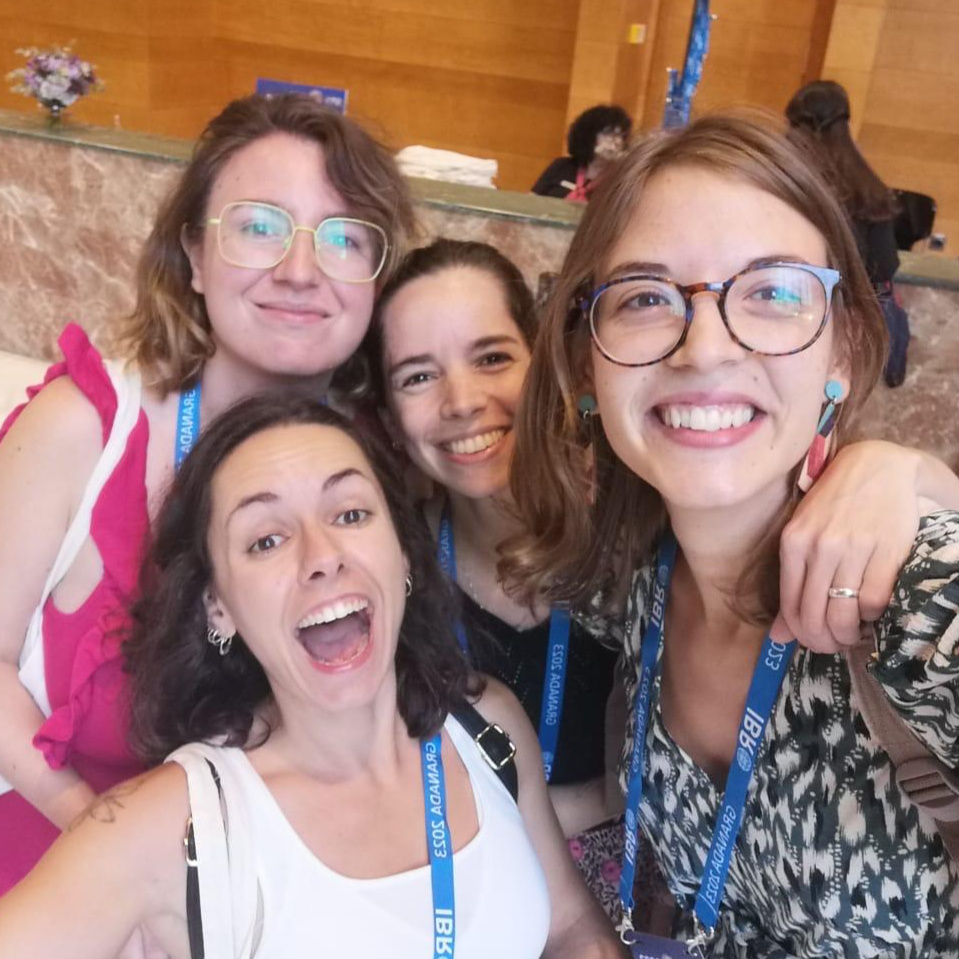
12th Annual Swiss MD-PhD Conference (Basel, Switzerland).
June 2024Talk: Corpus Curiosum: Tackling Today’s Young Critical Thinking for Tomorrow’s Best Neuroscience in the Medical Field
Speaker: Alba Sánchez-Fernández
Other authors: Inés Abalo-Rodríguez, Marta Turégano-López, Mariela F Trinchero
Abstract
The scientific attitude, i.e. the ability to change one's mind when facing opposing evidence and being engaged in looking for new evidence becomes a must that guarantees the quality and essence of science. But is this scientific attitude present in the current scientific context? How does the absence of critical thinking in science impact the medical field, and what might be the resulting consequences?
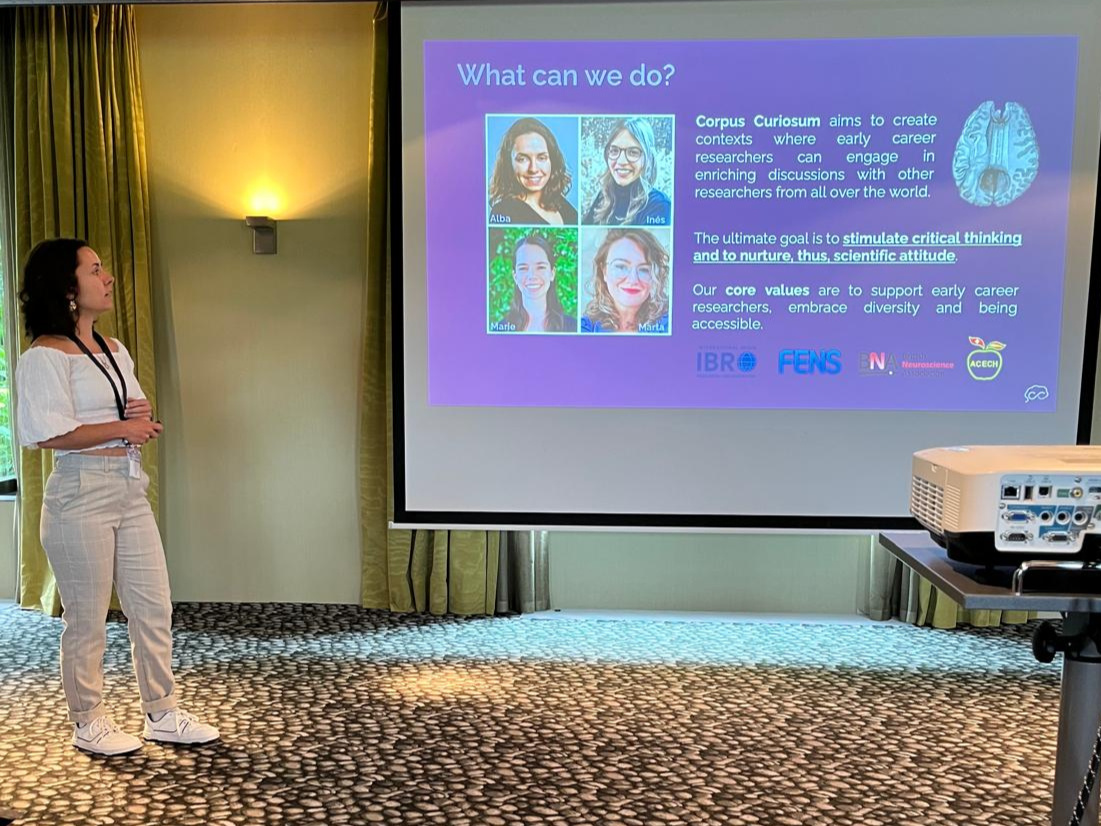
BsAs-SAN 2024 (Buenos Aires, Argetina).
October 2024Poster: Corpus Curiosum: Tackling Today’s Young Critical Thinking for Tomorrow’s Best Neuroscience
Presenter: Mariela F Trinchero
Other authors: Inés Abalo-Rodríguez, Marta Turégano-López, Alba Sánchez-Fernández
Abstract
Corpus Curiosum was born in 2020 specifically to stimulate critical thinking in neuroscience and to promote scientific connections for early career researchers (ECRs). The Corpus Curiosum core is composed of four international neuroscientists at different career stages whose fundamental aims are: to embrace diversity, support ECRs, and be highly accessible to everyone. We have created an online, multidisciplinary agora to hold enriching discussions and openly promote the exchange of opinions from young researchers in the neuroscience field. We address critical topics such as neurosexism, neuroethics, philosophy of neuroscience, credibility in research, etc. The success of the 1st edition convinced us to push this project further. As of today, we have deployed five editions, gathering hundreds of people from 50+ countries worldwide, leveraging our essential pillars. We have now come up with the Curious Minds School, where a selected group of students coming from all over the globe will face and discuss the basis of critical thinking in neuroscience. This course represents a novel asset to broaden the critical minds of our future neuroscientists. In order to support open science, we make all our material free and accessible on our online platforms. Our project has been recognized by IBRO (Diversity Grants 2021 and 2022), FENS, and BNA, who have sponsored our project along the way.
(Murcia, Spain)
June 2024Poster: Corpus Curiosum: stimulating critical thinking and promoting the scientific attitude
Presenters: Inés Abalo-Rodríguez, Marta Turégano-López, Mariela F Trinchero
Other authors: Alba Sánchez-Fernández
Abstract
Ever since Popper presented the problem of demarcation in the early 20th century, philosophy has been asking what characteristics distinguish science from other knowledge forms. One of the most recent proposals is to shift the focus from scientific knowledge (i.e., what characteristics such knowledge must fulfill) to those who are producing it: scientists (i.e., what distinguishing characteristics do scientists, as scientists, have). Thus, the epistemological superiority that is often attributed to science would reside in a characteristic shared by the population that produces it: the "scientific attitude".
Thus, the scientific attitude, i.e. the ability to change one's mind when facing opposing evidence and being engaged in looking for new evidence becomes a must that guarantees the quality and essence of science. But is this scientific attitude present in the current scientific context? As soon as the scientist is understood as an enactive subject, embedded in a particular context which is rooted in a specific culture, the question is understood in relation to the context. An analysis of the context allows us to understand how the variables that characterize it are, in fact, hindering scientists from training and developing their scientific attitude.
Corpus Curiosum arises as a response to this situation. Thus, this international initiative aims to stimulate critical thinking in science in general and neuroscience in particular. Two of their main activities are:
- Corpus Curiosum Series: online lecture series that address different topics such as publish or perish culture, credibility in research, neurosexism, philosophy of neuroscience, etc.
- Curious Minds School: an online school where a group of students from all over the world will confront and debate the foundations of critical thinking in neuroscience.
Overall, this initiative represents a novel asset to broaden the critical minds of our future neuroscientists and the scientific community as a whole.
Thank you!
Now you're always in the loop.
